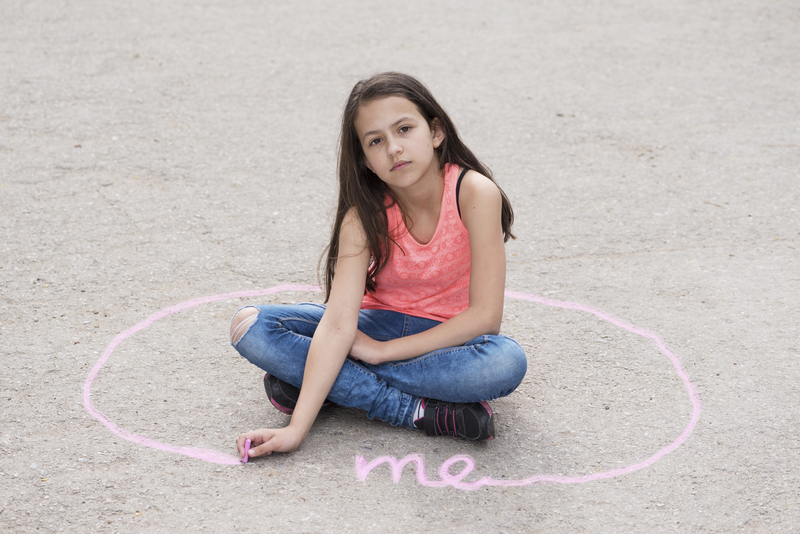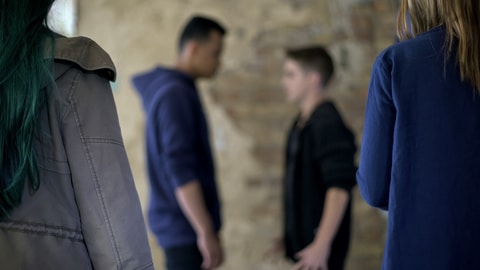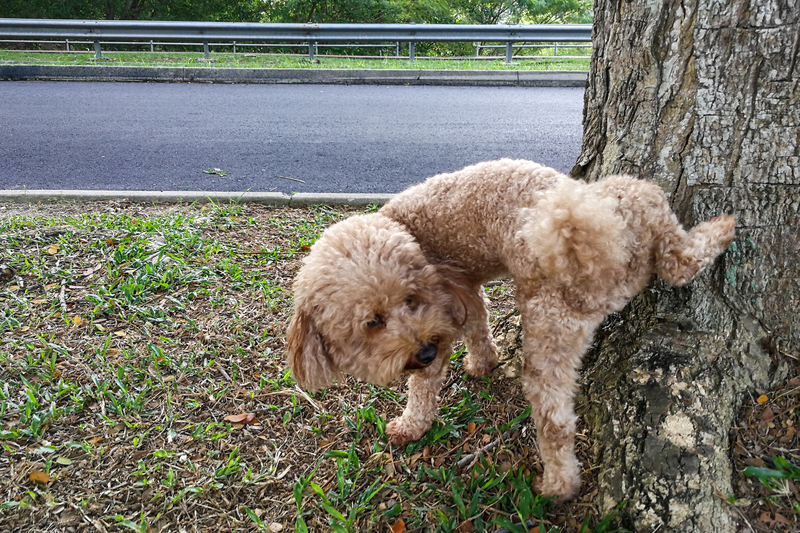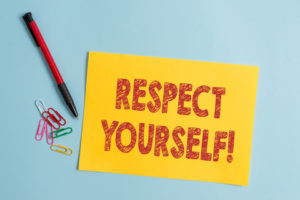
There can be respect without like. However, there can never be like without respect. Put more straightforward, a person doesn’t have to like you to respect you, but they do have to respect you to like you.
Respect and like are different in that like is based on commonalities, and good feelings shared between people. When you like someone, you enjoy their company and the positivity they bring to your life. On the other hand, respect is regard for another person’s safety, space, freedom, privacy, property, and individuality.
When you respect someone, you may not necessarily like the person, but you see them as having the same rights and considerations as you and everyone else.
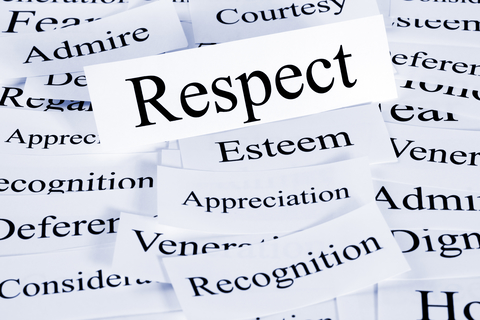
A conceptual look at respect, esteem, appreciation, recognition.
To not like somebody means you have nothing in common or just don’t want to be around the person. That’s perfectly okay because not everybody is alike and shares the same beliefs, feelings, ideas, or backgrounds. Like is subjective.
But to not respect someone means that you have no regard for their safety, space, freedom, privacy, property, or individuality. In other words, if you have no respect for a specific individual, you don’t see them as having the same human rights and considerations as you and everyone else. And when you don’t respect someone, you will think it’s perfectly okay to violate that person because they somehow deserve to be violated.

Therefore, you can dislike someone but respect their right not to have their boundaries crossed. When you disrespect someone, you won’t acknowledge that person’s boundaries, and you are more likely to trample their dignity and human rights.
In your mind, the person either doesn’t or shouldn’t have the same human rights or dignity as you and everyone else. You may wish the person harm or ill will. You may not want to breathe the same air as the person.
Signs of Dislike
1. Nothing in common with the person. You wish them well, but you’d prefer not to go on long trips with them. You have no problem coexisting.

2. You see them as having the same human rights and you and anyone else, and you won’t bully them nor place them in danger. You only don’t have anything in common with the person.
Signs of Disrespect
1. Lack of regard for the person’s freedom- this could include belittling their opinions and ideas, taking away their freedom to speak by talking over them when they are speaking, getting angry with them if they would rather spend time with family than with you or the group.
2. Lack of regard for the person’s safety- you bully them or put them in danger of being physically hurt. You don’t want to coexist.

If you are a victim of bullying, you must distinguish between the two and act appropriately. Disrespect is much worse than dislike. Dislike is a part of life and much easier to deal with. Disrespect, on the other hand, is harmful.
The people who dislike you won’t necessarily try to hurt you but act neutral around you. They might even say a few words to you to be polite. They just won’t be buddy-buddy with you.
On the other hand, people who disrespect you will violate you. They will shame you, humiliate you, try to sabotage you, and physically assault you.

If the people around you dislike you, it’s their loss, and you can still be around them if you must.
However, if they disrespect you, then it’s time to either walk away from them or send them packing, one of the two. People who regard you with disrespect don’t deserve a place in your life!
With knowledge comes empowerment!

